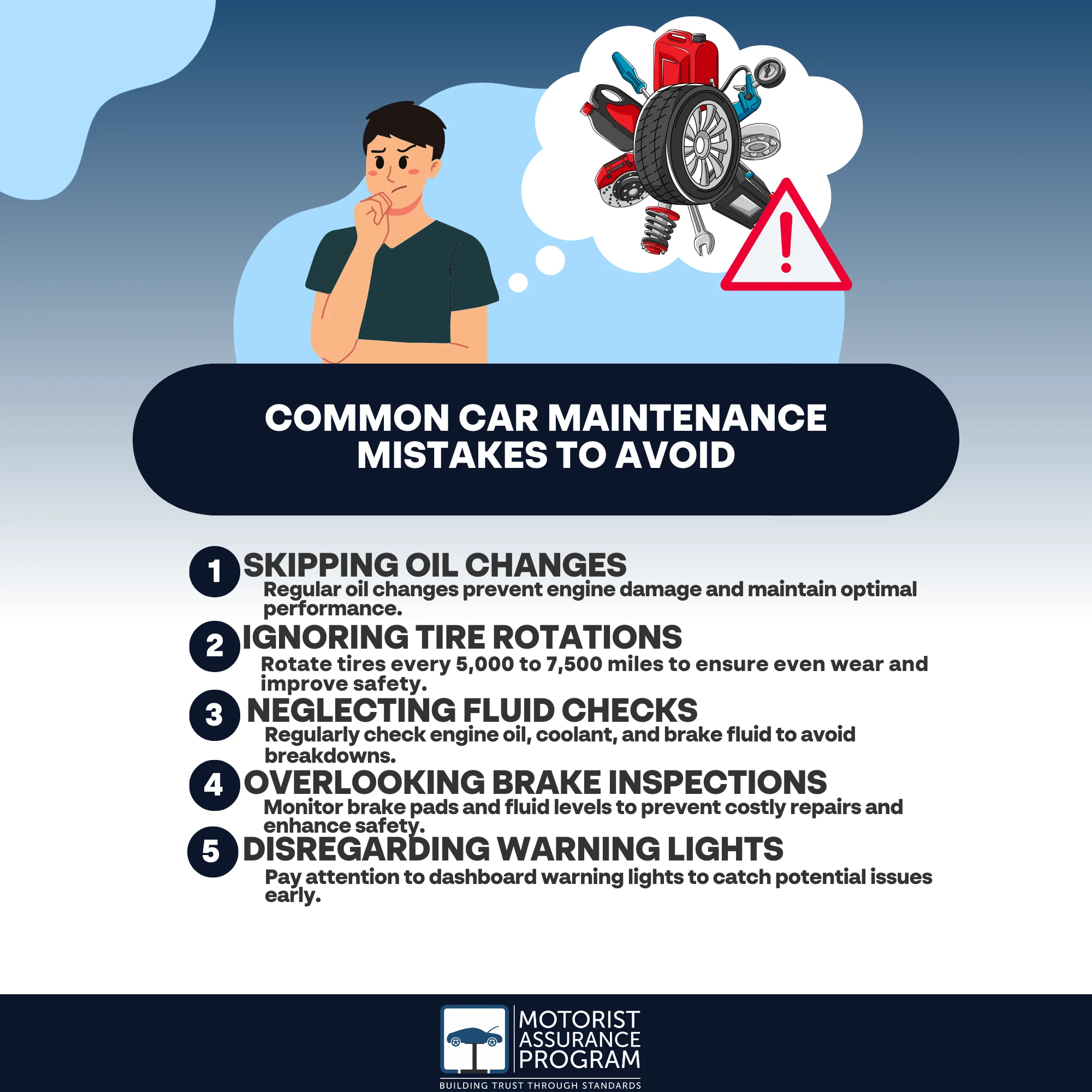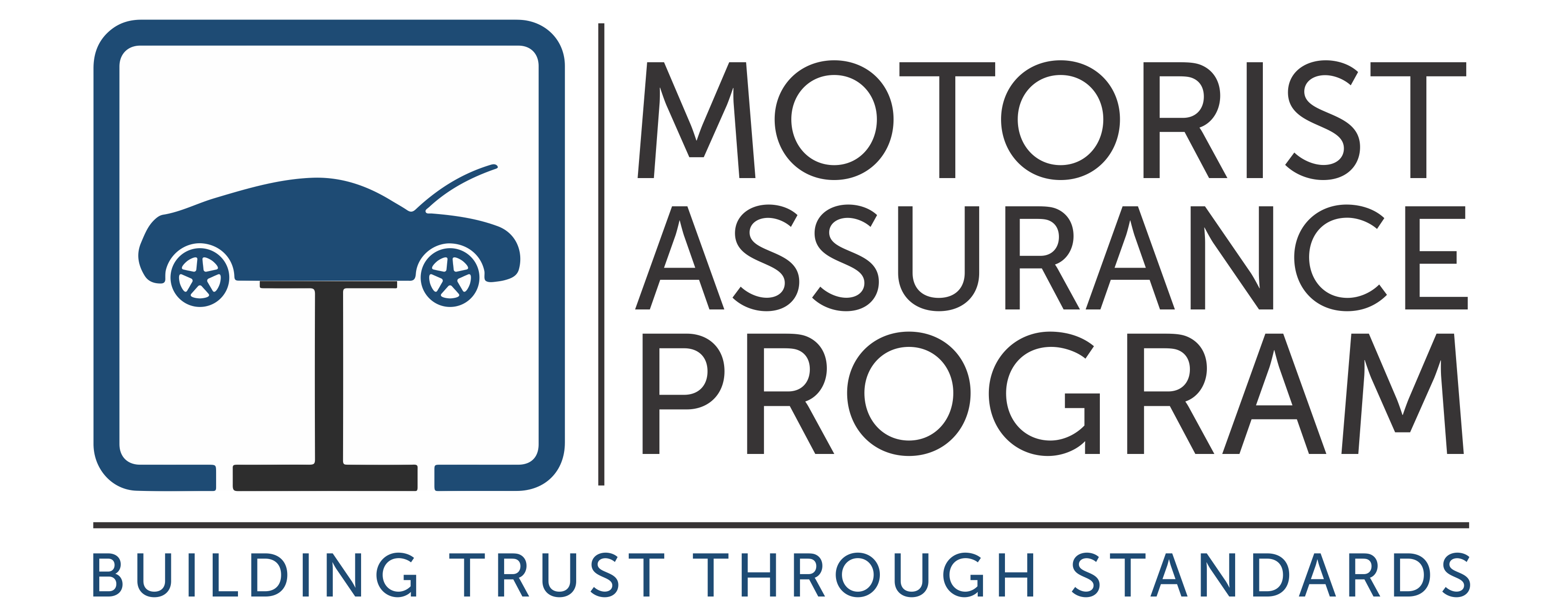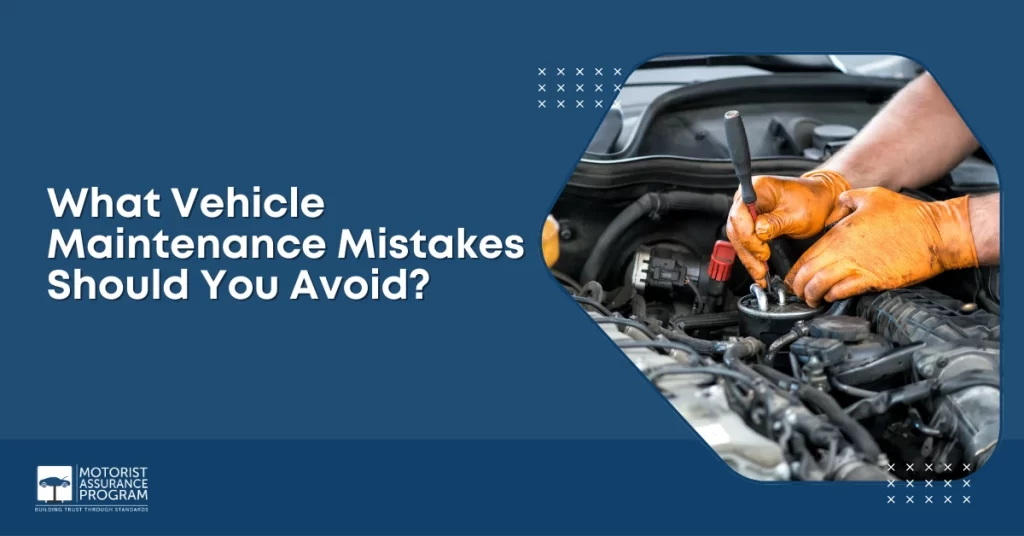To keep your vehicle in top shape, avoid common maintenance mistakes. Don’t overlook regular oil changes; contaminated oil can seriously damage your engine. Make certain you maintain your tires, as neglecting this can compromise safety and performance—regular rotations extend their lifespan. Always check fluid levels monthly, since low coolant or oil can lead to engine failure. Don’t disregard brake inspections; worn pads can increase stopping distances. Finally, pay attention to warning lights; they signal issues that need immediate attention. By addressing these points, you’re taking a vital step towards enhancing your vehicle’s longevity and reliability. There’s more you can uncover about vehicle care.

Key Takeaways
-
Neglect regular oil changes to prevent engine damage and maintain optimal performance.
-
Avoid ignoring tire maintenance, including rotation and tread checks, for safety and longevity.
-
Don’t skip fluid checks; they prevent overheating and enhance fuel economy.
-
Regularly inspect brakes to ensure safety and avoid costly repairs from worn components.
-
Pay attention to dashboard warning lights; they indicate issues requiring immediate attention.
Overlooking Regular Oil Changes
Neglecting regular oil changes can lead to serious engine issues down the road. As you drive, your engine oil becomes contaminated with dirt, debris, and other particles. Over time, this can wear down your engine components and reduce overall engine performance.
Regularly changing your oil helps maintain a clean oil filter, which guarantees that fresh oil circulates through your engine effectively. Adhering to a recommended maintenance schedule can also help you stay proactive with your vehicle’s care.
If you let your oil get too dirty, it can cause sludge buildup, leading to decreased lubrication. This increase in friction can lead to overheating and even engine failure. By keeping up with oil changes, you not only protect your engine but also enhance its lifespan.
To stay on top of your maintenance, check your owner’s manual for recommended oil change intervals. Setting a reminder can be a helpful way to make sure you don’t overlook this crucial task.
Ignoring Tire Maintenance
Tire maintenance is vital for both your safety and your vehicle’s performance. Ignoring this significant aspect can lead to dangerous situations on the road. One major component of tire maintenance is tire rotation, which helps guarantee even wear across all tires.
Regular tire inspections and maintenance can help detect potential issues before they escalate, assuring your vehicle remains roadworthy and compliant with safety regulations. By rotating your tires regularly, you can extend their lifespan and improve handling, making your drive safer and more enjoyable.
Another important factor to reflect on is tread depth. Tires with insufficient tread can compromise your vehicle’s traction, especially in wet or slippery conditions.
You should regularly check the tread depth using the penny test: insert a penny into the tread with Lincoln’s head facing down. If you can see the top of his head, it’s time for new tires.
Set reminders for regular tire rotations and tread checks, empowering yourself to take control of your vehicle’s health.
Skipping Fluid Checks
Many drivers overlook the importance of regular fluid checks, which can lead to serious vehicle issues down the line. Your vehicle relies on various fluid types, including engine oil, coolant, brake fluid, and transmission fluid, to operate smoothly.
Neglecting these checks can greatly impact your vehicle’s fuel economy. To keep your vehicle in top shape, it’s crucial to follow your maintenance schedules.
A simple glance at your fluid levels can save you from costly repairs. Most manufacturers recommend checking these fluids monthly, and don’t forget to top them off when needed.
Don’t wait for warning lights or strange noises to remind you of fluid checks. Being proactive about maintenance not only enhances your safety on the road but also extends your vehicle’s lifespan.
Neglecting Brake Inspections
When it comes to vehicle safety, overlooking brake inspections can have dire consequences. One common issue you might face is brake pad wear. As your brake pads become thinner, they lose their ability to grip, resulting in longer stopping distances. Regular inspections allow you to catch this wear early and replace the pads before they cause more damage.
Also listen for any brake system noise. Squeaking or grinding sounds often indicate that something’s wrong. Ignoring these noises could lead to costly repairs down the line, such as replacing rotors or even the entire brake system.
Make it a habit to inspect your brakes at least once a year or whenever you notice unusual sounds. This simple step can save you money and, more importantly, keep you safe on the road.
Misunderstanding Warning Lights
Ignoring warning lights on your dashboard can lead to serious vehicle issues. Many drivers misunderstand warning light meanings, thinking they’re just minor annoyances. However, these dashboard alerts are your car’s way of communicating potential problems that need immediate attention.
For instance, a check engine light could indicate anything from a loose gas cap to a severe engine issue. It is crucial to never dismiss these warnings, as they can escalate into costly repairs or even dangerous situations. Always consult your vehicle’s manual to decode what each light signifies; knowing the difference can save you time and money.
Incorporating routine checks of your dashboard alerts into your car maintenance habits empowers you to stay ahead of potential issues.
Frequently Asked Questions
How Often Should I Check My Vehicle’s Air Filter?
You should check your vehicle’s air filter every 12,000 to 15,000 miles, or as outlined in your maintenance schedule. Air filter lifespan can vary, so regular checks help guarantee peak performance and fuel efficiency.
What Are the Signs of a Failing Battery?
Watch for corrosion indicators on terminals and dimming lights. If your vehicle struggles to start, it’s time to evaluate your battery’s lifespan and replace it.
Can I Perform Maintenance Myself to Save Money?
Absolutely, you can perform DIY maintenance to save money. Regular tasks like oil changes and tire rotations are manageable with the right tools and knowledge, helping you cut costs while keeping your vehicle in great shape.
How Do I Know if My Wipers Need Replacing?
Regular seasonal checks are essential; if your wipers streak, skip, or chatter, it’s time to replace them for ideal visibility and safety.
What Should I Do if My Vehicle Makes Unusual Noises?
If your vehicle makes unusual sounds, don’t ignore them. Check for loose parts and listen closely. You might need engine diagnostics to pinpoint the problem, ensuring you address any issues before they escalate further.
Conclusion
By avoiding these common vehicle maintenance mistakes, you can greatly extend your car’s lifespan and enhance its performance. Staying proactive with your vehicle care not only saves you money in the long run but also keeps you safe on the road. Take charge of your car’s maintenance today!


